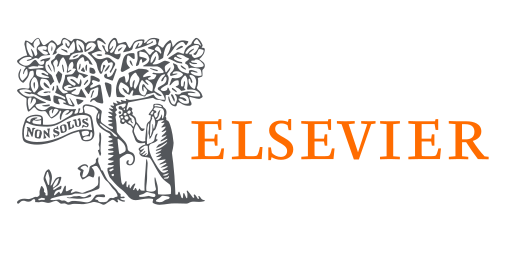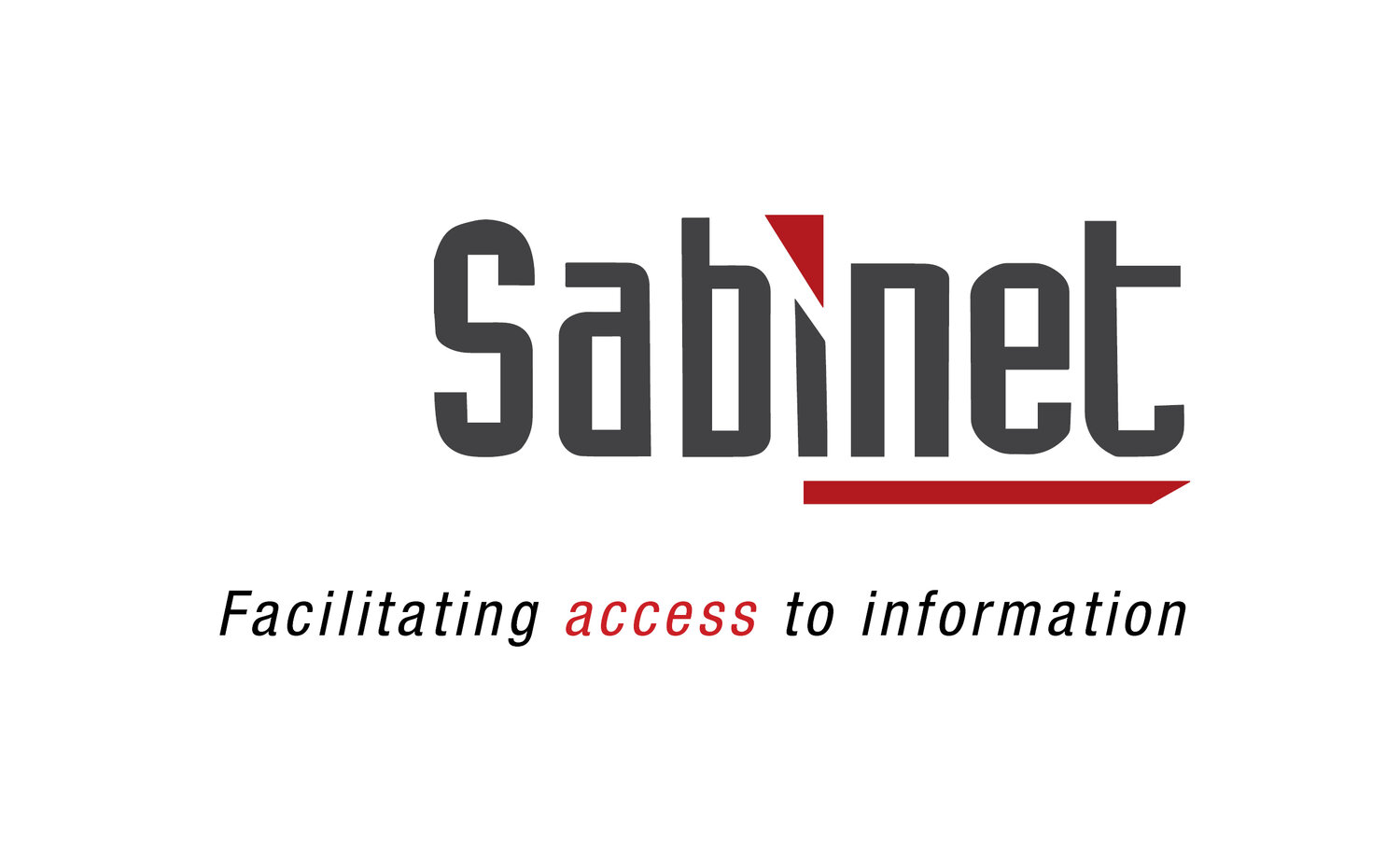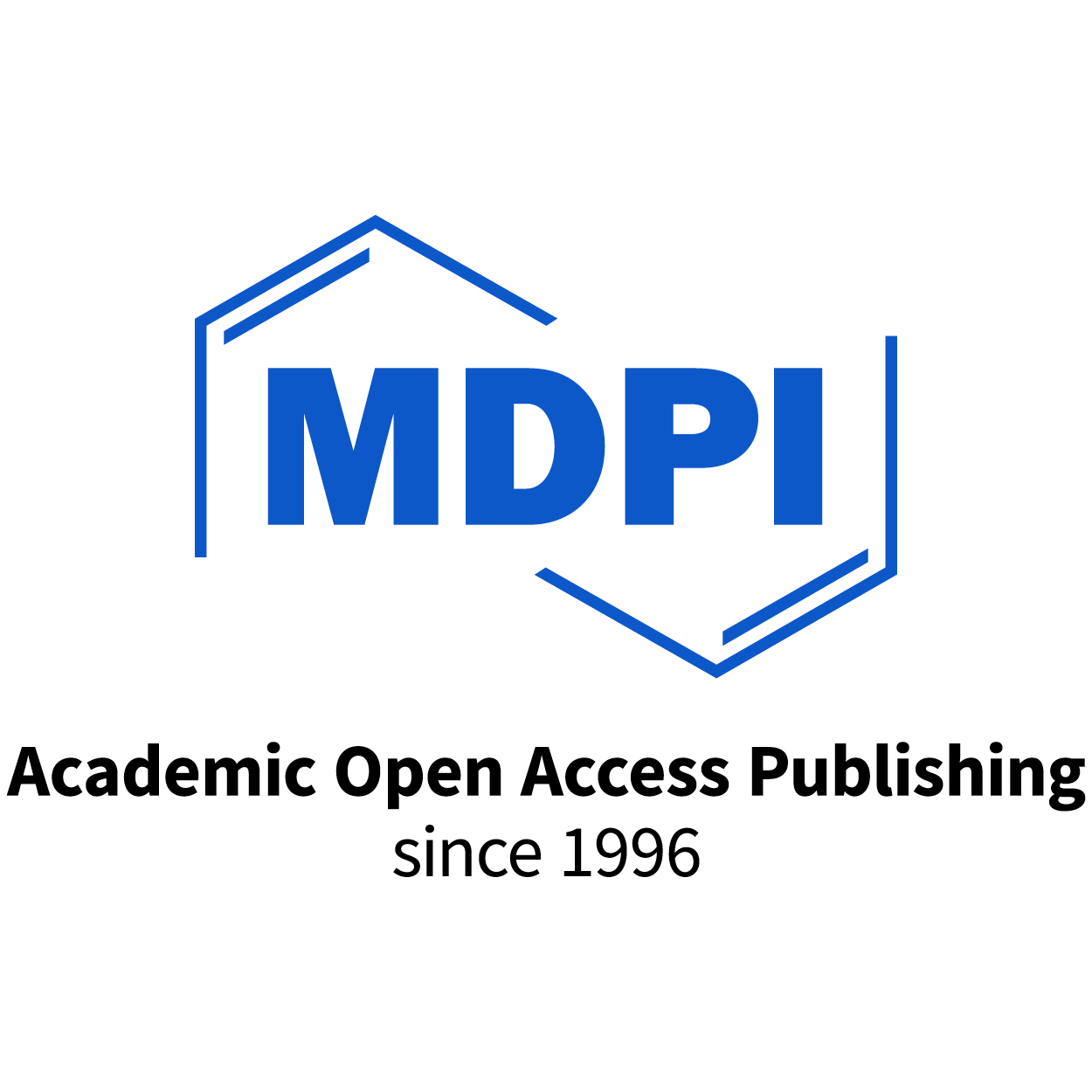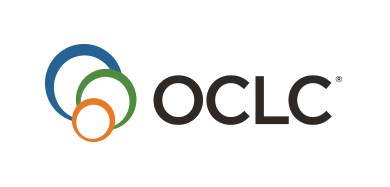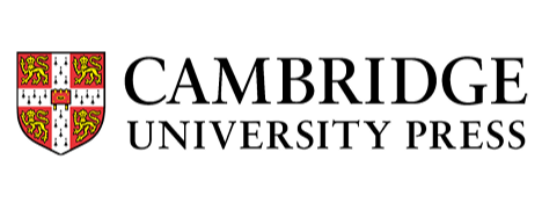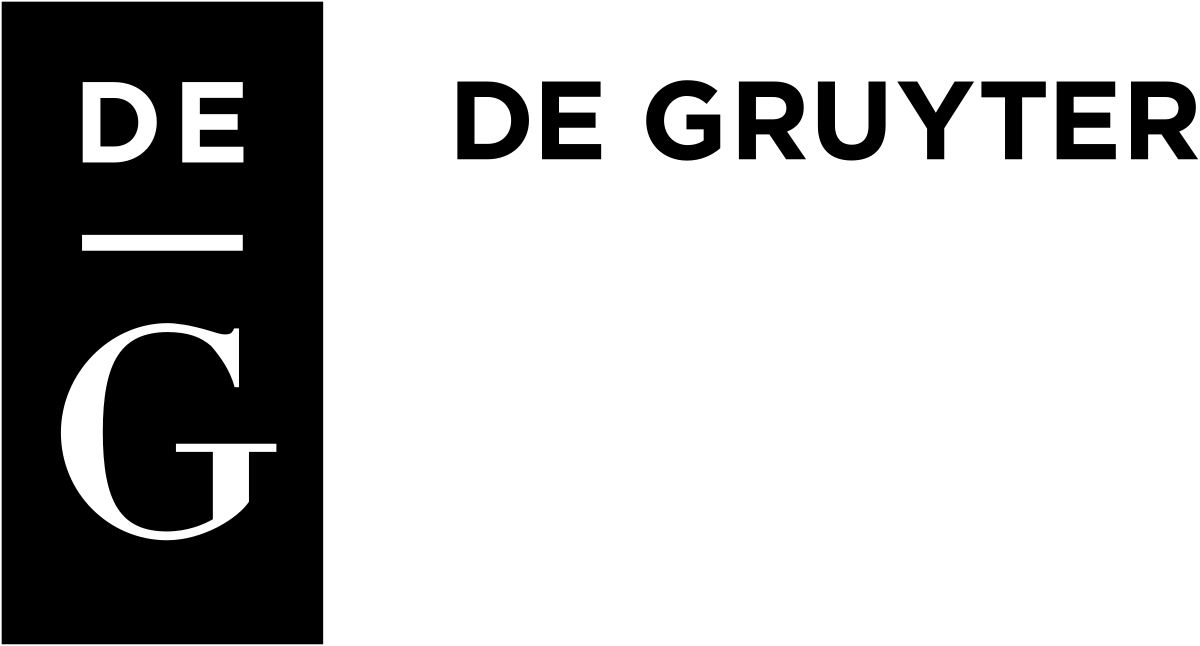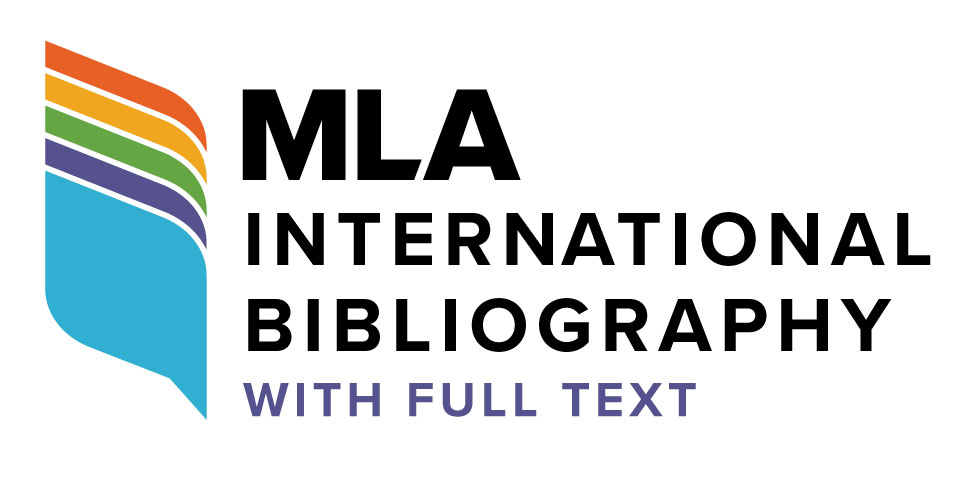2024
Connecting Global North and Global South: African Perspectives in Scholarly Communications
May 7-8, 2024
Vineyard Hotel
Colinton Road
Newlands, 7700
Cape Town, South Africa
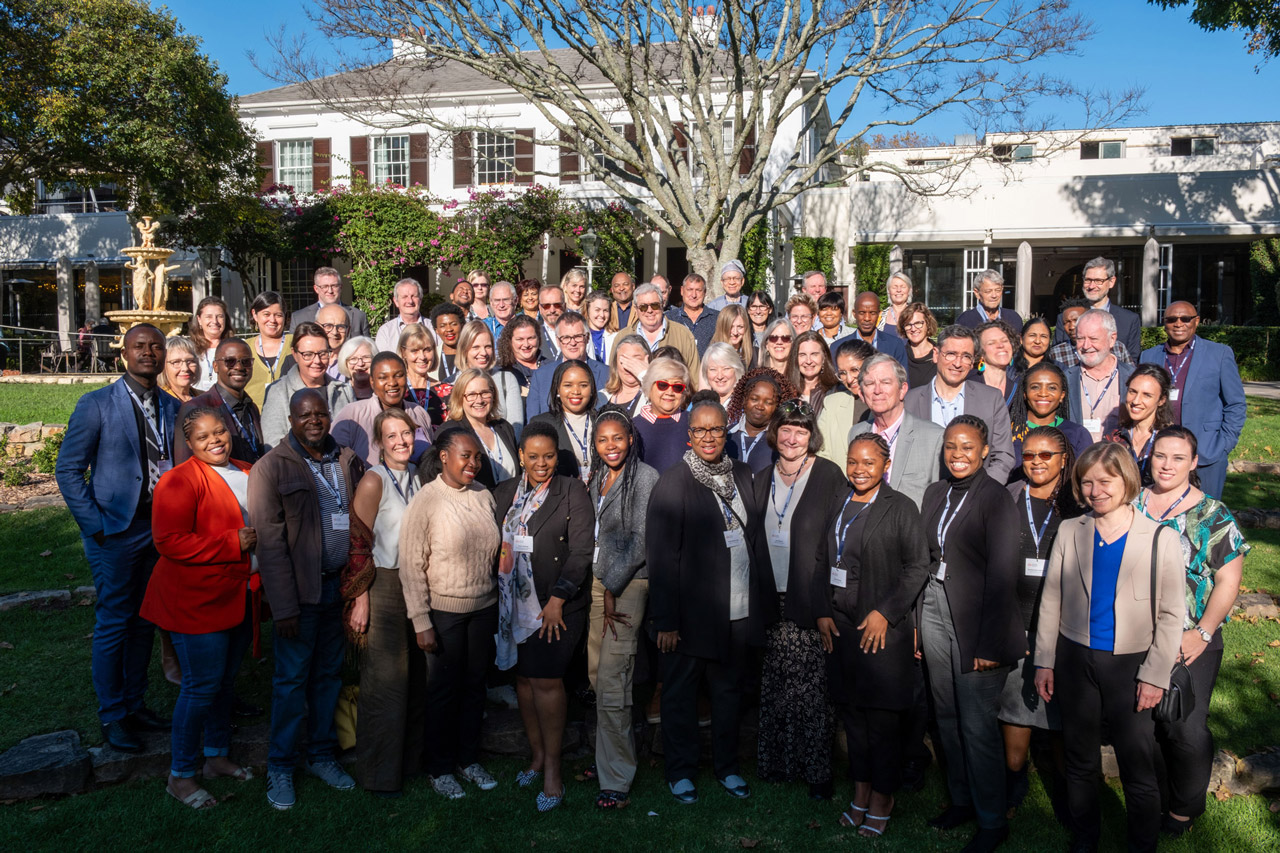
Programme
Monday, May 6
Building a Brighter Future for Research Librarians with LEGO Serious Play
Tuesday, May 7
Conference
-
Dr Refiloe Mabaso is an accomplished senior information and knowledge management practitioner with over 30 years of experience that spans the full spectrum in both the private and public sectors.
Her areas of specialization include, amongst others: Library Management, Data Management, Information Management, Information Governance, Knowledge Management, Records Management, Digital Content Management and Business Intelligence, with a proven record of accomplishment in planning and leading comprehensive information and knowledge management strategies supporting business goals and objectives.
She holds, among other qualifications, a PhD in Information Science (UNISA), a Master’s in Business Administration (UNISA SBL), an International Women in Leadership Programme (GIBS).She currently works at Air Traffic and Navigation Services (ATNS) as the Head of the Department of Information and Knowledge Management, leading a team of Specialists covering the areas of Library and Information Services, Records Management, Enterprise Content Management, Knowledge Management, Data Analysis and Business Intelligence.
Framing current scholarly communications challenges and opportunities for Africa
-
Convener
Most recently, Ann Okerson is serving as Director of the Offline Internet Consortium, an organization devoted to bringing network-quality information to the half of the human race that does not have broadband. Previously, she joined the Center for Research Libraries in fall 2011 as Senior Advisor on Electronic Strategies, She has worked as INASP Associate, responsible for agreements between developing nations consortia and publishers. Prior experience also includes 15 years as Associate University Librarian for Collections & International Programs at Yale University; upon joining Yale, she organized the Northeast Research libraries consortium (NERL). She also worked for 5 years as Senior Program Officer for Scholarly Communications at the Association of Research Libraries. She is one of the founding spirits of the International Coalition of Library Consortia (ICOLC). She has also been active in IFLA (including the Serials, Acquisitions, and News Media Committees) and its Governing Board. She responds positively to offers of fine dark chocolate!
-
Ms Ujala Satgoor was appointed Executive Director: Libraries, effective from 1 January 2019. Ms Satgoor brings with her years of experience in the higher education environment. She has previous experience as the director of library services at Rhodes University, and as the deputy director of library services at the University of Pretoria. Her current leadership roles include being the chair of the Committee of Higher Education Libraries of South Africa (CHELSA), deputy chair of the South African National Library and Information Consortium (SANLiC), chair of the Library and Information Association of South Africa (LIASA) Professional Body Advisory Committee, and a member of the Council on Higher Education Reference Group: Library and Information Science. She is also the former president of LIASA (2012–14) during which time she accepted the bid to host and co-chaired the National Committee for the World Library and Information Congress (WLIC) held in August 2015 in Cape Town.
Ms Satgoor believes that the greatest asset of an institution is its diversity and human capital, and that success depends on a work environment that values and develops its employees. As a leader she recognises the importance of staff development as a strategic imperative for institutional alignment and responsiveness.
Beyond academia she has served as a partner to the Mortenson Centre for International Library Programs, University of Illinois, and a consultant to various international and national organisations, including the Bill and Melinda Gates Foundation’s Global Libraries project, the International Federation of Library Associations and Institutions’ Building Strong Library Associations (BSLA) programme, the African Library Associations and Institutions (AfLIA), the Bibliotheca Alexandrina, the World Library Partnership and the Goethe-Institut.
Her research has focused on the South African library and information services landscape from both a historical and current perspective (post-1994), looking at the context within which libraries function, library governance, government funding for redress, library technologies, library and information services education and the professional association. She believes that libraries are important in meeting the goals of the national development agenda towards entrenching a strong democracy and an educated and informed nation.
Including Africa in Global Publishing, Scholarly, and Research Systems
The demand for a decolonised higher education landscape, the exorbitant cost of access to information and the exclusion of African research within the entrenched academic publishing model have challenged South African academic libraries to rethink and reconceptualise access to information within a social justice paradigm. Access, participation, inclusion and a human rights mindset are the main drivers of an alternative and disruptive scholarly communications paradigm embraced by the University of Cape Town Libraries (UCTL). This presentation will explore this principled stance and the significance of the developments that have emerged, including its library-as-publisher role, the launch of a new continental platform for open access publishing in Africa and reconceptualising the institutional press (UCT Press).
-
Biliamin Oladele Popoola is an academic librarian, researcher, and Knowledge Management expert from Nigeria. He holds a Bachelor’s Degree in Human Anatomy and a Master’s Degree in Library and Information Studies obtained from the University of Ibadan, Nigeria. He is presently the Systems, Scholarly Communications & Evidence-Based Medicine Librarian at the University of Medical Sciences, Ondo City, Nigeria, and a Better Evidence for Training Champion at the institution. Biliamin has served as facilitator and trainer at several workshops, training and seminars, and has published widely. He is a member of various Library and Information Science professional bodies within and outside Nigeria. He has special interest in evidence synthesis, health information librarianship, professional development, information literacy and education as a tool for development.
Member of the 2023-24 Better Evidence Champion Steering Committee.
An African Researcher's Perspectives: Successes and Challenges
Every African researcher appreciates the crucial role of scholarly communications in scientific advancement. However, several challenges hinder appropriate scientific communication when considered from an African researcher’s perspective. In this paper, the barriers to scholarly communication among African researchers are classified into four: geographical, institutional, outlet, and individual barriers. The paper discusses each class of the barriers to elucidate its effect on the scholarly communication landscape in Africa. For instance, an African researcher’s challenges in scholarly communication traverse resource and linguistic insufficiency within the geographical barrier to inadequate formal training within the institutional barrier, and inconsiderate rejection in the outlet barrier. These barriers have disenfranchised African researchers from competing equitably with their counterparts from the Global North and have lessened the research outputs and impact from continental Africa.
Importantly, the paper focuses on libraries as an important support system in Africa's evolving digital academic terrain, especially in the West African sub-region. It considers African library collections, resources, and services, and their roles in driving scientific dialogue and facilitating research and scholarly communication on the continent. Furthermore, the paper identifies the existing library collection development models in Africa, especially concerning access to scholarly digital resources. The successes and drawbacks of these models are discussed, and the paper concludes with recommendations on connecting Africa with the Global North for improved library collection to engender improved scholarly communications in Africa.
-
Executive team leading Open Science activities in Africa. Served as a Senior Researcher from the Agricultural Research Council of South Africa in the Biotechnology Platform. Completed my doctoral degree in genomics, was previously a senior Faculty member in the Department of Biotechnology of Durban University of Technology. I have also served as a scientist in a number of international institutions including the University of Cincinnati (USA), Lund University (Sweden), Tianjin University, (China) and the Centre for Chemical Biology (Malaysia). She is the first recipient of the Young Scientist Programme between China and South Africa. Her research focused on Covid and pathogen surveillance in wastewater, fungal genetics, Cannabis and Africa legume genomics.I have a wealth of experience in academia outreach programmes, the popularisation of science, and open science.
Visions and Opportunities for the African Open Science Platform
The UNESCO recommendation for Open Science at its core champions an equitable and inclusive access to information. Open Access has been the driver and the heart of the Open Science movement. However, despite this gap, equitable access and contribution to knowledge has widened. So, then it is crucial to wonder how Open is Open? Although there have been advances in digitalization and in the drive to equitable access to knowledge from the open access publishing and scholarly communication industry, the goals have still not been achieved. The African (global south communities) need to come together to determine what does open science mean for them and what is the path to implementation. This presentation will focus on the Africa Open Science Platform (AOSP), which aims to position African scientists at the cutting edge of data intensive science by stimulating interactivity and creating opportunity through the development of efficiencies of scale, building critical mass through shared capacities, and amplifying impact through a commonality of purpose and voice through open science.
-
Acquinatta Nomusa Zimu is a descendant of the indigenous African people representing the Zulu Clan in KwaZulu-Natal Province, South Africa. She began her career as a teacher in KwaZulu-Natal, then worked in libraries there and in Pretoria for many years. Since 2017, she has been an academic (currently Associate Professor) at the University of South Africa (UNISA), Department of Information Science, where she previously obtained her PhD. She is the author of several journal articles and book chapters. She has reviewed proposals for postgraduate students, as well as articles submitted to various library and information science (LIS) scholarly journals. She is an African woman scholar imbued with Afrocentric philosophy and believes in the decolonisation of the mind especially in this period, considered post-colonial era by some decoloniality advocates. Her areas of interest include indigenous knowledge, oral history, decolonisation, information literacy, museums, entrepreneurship, school libraries, records and archival management, and information organisation and retrieval. She has spoken at many conferences and universities, most recently and notably with her presentation “Why decolonisation and re-Africanisation of librarianship is not an option but a necessity in Africa” at the IFLA World Library and Information Congress (Rotterdam) in August 2023.
Decolonisation and re-Africanisation of Libraries. A Necessity for Africa
In South Africa, the history of colonisation in libraries can be traced as far back as 1818. The Zaaiman Report which was produced in 1987 lamented the biased library materials which must be Africanised and the domination of Western ideologies as a deficiency in LIS education and training in South Africa. Literature indicates that in Africa, professional associations are considered weak, fragmented, and not sufficiently contributing to the production of skilled personnel - especially women - needed for the national development of the continent. Although something is being done to decolonise the LIS sector, more still needs to be done. At various degrees of success, the LIS sector has begun to take initiatives of decolonising and transforming African Librarianship, archives, museums, heritage resources and publishing industry. There are calls for LIS training and education to specialise in line with their unique environments. For example, the LIS education and training sector, the academic library at the University of South Africa, and the Gauteng Provincial Archives have collaborated on a decolonisation and preservation project of sports memories of South Africa. This paper uses qualitative content and thematic analysis research approach, decolonisation, and preservation theory to understand the phenomenon studied. For this paper a framework for collaborative mapping of decolonisation and preservation projects of indigenous knowledge is recommended as a tool that can eliminate duplication and fast-track the decolonisation process.
Equity and Inclusion in the Journal Ecosystem: Access, Discovery and Exploration
-
Since 2007, Susan Murray has been running African Journals OnLine (AJOL); which is a Non Profit Organisation working for increased accessibility, awareness and quality of African-published research outputs. AJOL is a massive online library of peer-reviewed, African scholarly journals, and provides journal-specific mentoring, technical tools, Open Access resources, publishing quality assessment and support to hundreds of journals throughout the continent. Millions of full text articles are accessed each month via the platform at www.ajol.info.
Murray has an academic background in Development Economics and a deep commitment to the vital role that emerging economies can play in attaining equitable research agendas for their citizens’ well-being, through increasing prominence of relevant and strong quality Global South research published in Africa by Africans.
Murray is an Advisory Committee Member and Board Director of several regional and global scholarly initiatives, an experienced workshop facilitator, and a frequent conference speaker.
Attaining global equity in Research publishing. A Pan-Africa Non-Profit Organization's perspective
Globally, the dominant system of scholarly research publishing for the past seventy years has been one of large commercial publishing companies in North America and Europe providing the prestigious journals titles through which academics building their careers strive to share their research papers. The claim to prestige of these Global North journal titles has been, in the past, largely based on commercial citation metrics. Universities around the world including those based in developing countries have actively participated in and reinforced the norm of their faculty members aiming their research papers (and even research topics) at being published in these prestigious overseas titles. For developing countries, this approach has had a nett result of strong research from within those countries being published in, by and to the profit of businesses in developed countries, with research journals and readers from within developing countries losing out on the best research from their own countries and regions. This perpetuates global inequities not only in research publishing and Higher Education, but even in regional development. In Latin America, for the past twenty-five years, many governments and universities have acted strongly through tangible and policy support of regional software platform hosting systems for cost-effective sharing of research outputs published in multiple languages by Latin American non-profit journals, which has massively strengthened the research ecosystem in that region. In Africa, a similar approach has been implemented by African Journals Online (AJOL) also for twenty-five years, but the scale of this long-standing Non Profit Pan-African intervention is limited by lack of direct African government and university support in the form of cost-recovery contributions and policy support. This presentation sets out the current systems that perpetuate inequity in research sharing globally and, drawing from the Latin American approaches, goes on to suggest some proven pragmatic strategies and policy shifts for African governments and universities to strengthen their institutional and regional research sharing systems for a more equitable, diverse and inclusive society.
-
Josep Torn-Poch (Pep Torn) is the Director of the Library and Information Technologies Service at the European University Institute (EUI) in Florence (IT) since October 2023. Previously, he served as the Director of the Library at the same university since October 2015.
He began his career as a librarian at the Terrassa Campus of Barcelona Tech - UPC in 1997. From 2008 to 2015, he was the Director of the Library, Learning Resources, and Academic Services at the Universitat Oberta de Catalunya (UOC), while also being a member of CBUC and REBIUN.
In 2015, he accepted the position to lead the EUI library, which houses the Robert Schuman Centre for Advanced Studies, the Max Weber Programme for Postdoctoral Studies, and the School of Transnational Governance—a institute funded by the European Commission and twenty-five European states.
He was part of the leadership working group of the Association of European Research Libraries (LIBER) for 10 years and is now member of the Conference Program Committee of the LIBER conference.
Pep is a member of the European Community and Associated Institutions Library Cooperation Group (EUROLIB) and has participated in the past in the scientific committee of the international conferences on scientific information Fiesole Retreat, as well as serving on the advisory board of the Bristol University Press.
Pep is also a member of the International Council of Barcelona Global.The Library Response to EUI Policies on Equality, Diversity, and Inclusiveness: A European Experience
This paper and presentation delves into the challenges encountered by the European University Institute (EUI) Library in response to the implementation of the Institute's latest Equality Diversity and Inclusiveness (EDI) policies. It explores the multifaceted task of fostering a diverse and inclusive environment while simultaneously upholding academic excellence with a "traditional European approach".
Additionally, it analyses the Library's conceptualisation before emerging frameworks such as the "EUI Decolonising Initiative", with a particular focus on its collection development initiatives. This researcher-led project, which aims at decolonising knowledge and practice, presents a significant trial for both the university and its scientific Library, deeply rooted in European intellectual traditions. Through interviews conducted with researchers actively engaged in this initiative, the paper critically assesses the Library's capacity to respond to these evolving challenges.
Finally, the paper also aims to examine the relationship between EDI initiatives and Library services at EUI, aiming -by analogy- to provide deep insights into how libraries can actively promote social change by fostering equity and inclusion in academic environments.
-
Ismail Rashid is Professor of History on the Marion Musser Lloyd '32 Chair and taught at Vassar College since 1998. He received his PhD in African History from McGill University. His primary teaching interests are pre-colonial and modern African history, African diaspora and Pan-Africanism, and international relations. His research interests include subaltern resistance against colonialism, public health, and conflicts and security in contemporary Africa. Research Peacebuilding in Africa (co-edited with Amy Niang) and Understanding West Africa's Ebola Epidemic (co-edited with Ibrahim Abdullah) are some of his recent publications.
Navigating the perils and opportunities of publishing or perishing: Reflections on mentoring rising African scholars
Given the drive for many African scholars to be academically productive in the burgeoning and competitive university environment in the continent, many wrestle with the challenges littering their path from the conception, research, to the eventual publication of their academic projects. Limited research budget, generating or accessing necessary data, and having their scholarship in high-quality research journals or texts are some of the hazards of this publish-or-perish landscape. For scholars dependent on textual artifacts, access to physical repositories, can be a major constraint. Digital and media resources, which offer the opportunity to overcome this constraint, are however not without issues of access and provenance.
Serving as a resource person, editor and academic mentor with the African Peacebuilding Network of the Social Science Research Council (APN-SSRC), the African Leadership Center of King's College (ALC), and the Council for Development of Social in Africa (CODESRIA) for the past decade has underlined the value of intergenerational expertise, support and dialogue in responding to some of these challenges and opportunities. A mentor's support with accessing, discerning, and effectively utilizing digital and physical repositories of information can enhance the ability and confidence of rising scholars. Dialogue on publication outlet quality and the politics of publication can help rising scholars reflect on epistemological, ethical and power issues as well as ways in which African-focused or Africentric research can be valorized rather than peripheralized.
-
Giannis Tsakonas is Director of the Library of University of Patras, Greece. Since July 2016, he is member of the Executive Board of LIBER (Ligue des Bibliothèques Européennes de Recherche - Association of European Research Libraries), while since July 2022 he is serving the Association as Vice President. In the past he has been elected to the Board of Directors of Hellenic Academic Libraries Link (HEAL-Link), the consortium of Greek academic libraries, and he has served as Vice President of the Hellenic General Council of Libraries, a body of the Ministry of Education, Research and Religious Affairs monitoring the operation of Greek public libraries (2016-2019). He currently coordinates the Scholarly Communication Unit of HEAL-Link and he is member of the Managing Committee of the KnowledgeRights21 programme.
Big cultures and small languages: a new paradoxography in a shifting research system
VideoMulti-lingualism is one of the key issues on the road to Open Science. It calls for the right of the scholars to express an intellectual work in their native or any preferred language apart from English, the lingua-franca of scholarly communication. This is imperative for countries that, despite their short geographical coverage, they represent important cultures and long history; cultures that are often associated with disciplines that are overlooked in the current research system. This presentation looks at the aggregated effects of journals' practices, comments on the paradoxes that exist today for the expression, publishing, indexing, access and discovery of works in small languages, and reflects on the roles of libraries and publishing institutions.
Wednesday, May 8
Conference
-
Dr. Vishwas Satgar is an Associate Professor of International Relations, principal investigator for Emancipatory Futures Studies in the Anthropocene ( https://emancipatoryfutures.co.za) and editor of the Democratic Marxism series at WITS University South Africa. He researches decolonial thought, the climate and polycrisis as well as systemic transformations of socio-ecological systems. His recent publications include Emancipatory Feminism in the time of Covid 19 – Transformative Resistance and Social Reproduction (open access: https://library.oapen.org/handle/20.500.12657/64100 ) and Peoples and workers climate justice charter futures for South Africa (open access: https://www.google.co.za/books/edition/People_s_and_Workers_Climate_Justice_Cha/tSrFEAAAQBAJ?hl=en&gbpv=1&kptab=getbook ) He is a veteran activist and co-founder of the South African Food Sovereignty Campaign and Climate Justice Charter Movement. He is the recipient of numerous awards for his work including an award by Universities of South Africa and the Human Sciences Research Council for his academic contribution to social justice. He lives with long Covid 19 challenges.
Climate Risk in South Africa - Frontline Photography for Climate Justice
South Africa is heating at twice the global average and has been experiencing severe climate shocks from droughts, floods, heatwaves, storm surges and has even came close to having a major cyclonic landing. The climate crisis is a post normal challenge that cannot be solved by existing power structures and its ‘normalisation rationalities’ but rather it’s a challenge that needs to be owned by all in society. It is crucial to understand the climate risks facing South Africa and to think through systemic risk responses for all sectors. This talk will foreground climate risk through photographic documentation of the making of fossil power, the use of fossil fuels in the everyday, unnatural climate shocks and forms of climate justice resistance.
North and South Partnering for Academic Open Access Monographs
-
Convener
Julien Roche served as Director of the libraries of the University of Lille - Sciences and Technologies from 2005 to 2018. Following a merger of Lille's three universities he became, in March 2018, director of libraries at the newly enlarged University of Lille. In July 2018, he was elected as LIBER Vice-President. In July 2022, he was approved as LIBER President. Julien Roche also has several national responsibilities including co-chair of the "European and international" college of the French Open Science Committee since July 2018. He authored more than 30 scientific publications and has been an invited speaker in many conferences.
-
Cécile Swiatek Cassafieres is Director of the library at the université Paris Nanterre, France. She is interested in accessible knowledge, information skills, pedagogy and digital innovation in higher education. Member of the Executive Board of the European league of research libraries (libereurope.eu) and SPARCEurope, former Secretary General of the French academic libraries association ADBU (adbu.fr, 2016-2021), she takes a curious and critical look at Open Education issues through her work at SPARCEurope, OEGlobal / OEGlobal Francophone and with the UNESCO. From 2020 to 2022, she participated in the French EDUCAUSE delegation. Since 2021, she has been mandated as a permanent national expert on Open Educational Resources (OER) in the French International Open Science Network (ReiSo) for the Ministry of Higher Education and Research (MESR).
Expert on both the UNESCO Recommendations on OER (2019) and Open Science (2021), she has also been bringing her skilled and accurate vision as an expert with the French National Open Science Fund (FNSO, Calls for projects and SCOSS) and as an independent expert with the UNESCO's global partnership on Open Science since 2023.
In 2022, she joined the recherche.data.gouv.fr Steering Committee and she is leading the ADN Nanterre Data Management Cluster.
Open Access projects in Europe, from a general perspective to monographs and textbooks
The development of policies in favour of open science and the transformation of publication channels for academic literature and research produced with public funding by researchers and authors in higher education, combined with technological and financial developments in open access models for scholarly publication and the interest shown by funders for a long time in journals and articles and more recently in monographs and textbooks, continue to reshape the face of academic publication.
Cécile Swiatek Cassafieres, a member of the Executive Board of the Association of European Research Libraries (LIBEReurope.org), will provide a general overview of the main European trends, initiatives and projects in this area, focusing on the diamond model and its current prospects, before addressing the case of 'books' in open access, from the angle of monographs on the one hand, and textbooks on the other. A presentation of LIBER's own initiatives will illustrate the Association of European Research Libraries’ support for such developments.
-
Lidia Uziel is Associate University Librarian for Research Resources and Scholarly Communication at the University of California, Santa Barbara. She is the Chair of the Board of Stewards of the Open Book Collective and was actively involved in the COPIM (Community-Led Open Publication Infrastructures for Monographs) project. Prior to the University of California, Santa Barbara, Lidia held several leadership positions at Harvard and Yale University Libraries.
Lidia holds a doctorate in Comparative Literature received in cotutelle from the University of Montreal and Jean Moulin Lyon 3 University, a Master in Comparative Literature from Jean Moulin Lyon 3 University, and a Master in Library and Information Science from the University of Montreal. Her current research is in digital knowledge management, including the intersection of scholarly communication, libraries, and digital humanities/computational projects.
The Open Book Collective: Sustainable Futures for Open Access Monographs
Built on the successes of the COPIM project (Community-Led Open Publication Infrastructures for Monographs), the Open Book Collective (OBC) is an international partnership and a collective of OA publishers, infrastructure providers, libraries, and other non-profit organizations. The project mission is to create a new OA book publishing ecosystem that is equitable, community-governed, and built on sustainable business models and community-owned infrastructures.
By pioneering new community-owned OA business models—including new funding and publishing models, as well as a new collaborative platform that is governed by and for the benefit of the community it serves—the OBC charts a new collective path toward an open and sustainable monograph future. The presentation will focus on the OBC’s community-led governance structure and highlight the project's principal challenges in reshaping the larger open knowledge ecosystem. It will include a discussion of strategic partnerships focused on amplifying bibliodiverse and equitable community-led approaches and expanding critical infrastructures for OA monograph publishing. The panelist will discuss the relevance of the principles of ‘scaling small’ and the importance of seeking strategic partnerships with publishers, universities, and infrastructure providers in diverse national and linguistic contexts.
-
Bastien is in charge of publications for several African studies research institutes linked to the CNRS: Les Afriques dans le monde (Bordeaux, France) and the French research institutes in Africa in Kenya (IFRA-Nairobi), Nigeria (IFRA-Nigeria), South Africa (IFAS-Research), Ethiopia (CFEE) and Sudan (SFDAS). He is responsible for editing the open access journal Sources. Materials and Fieldwork in African Studies, the Africae open access books (https://books.openedition.org/africae/) and also supports the development of CFEE publications (http://books.openedition.org/cfee).
Since 2023, he also takes part of the “DOAB in Africa” project aiming to address African publishers’ equitable access to the OA distribution channels and provide equitable access to the discoverability services for all publishers that fulfil its requirements.
The shift of African studies towards open access, promises and paradoxes: recent experiences from France and East Africa
As part of the "Open Science for African Studies" project, funded by the French government for the benefit of French research institutes in Africa, we are developing open access book catalogues, supported where possible by partnerships with regional publishers. We propose to share our field experience of setting up publishing partnership networks in Tanzania, Kenya, Uganda and Ethiopia. This work gives us the opportunity to meet reputable academic publishers, and to design with them the economic and technical conditions for open access digital distribution. But also to discover situations that are not conducive to open access models for books, for economic, technical or political reasons.
This initiative is linked to Doab's campaign to identify and promote African open access content. It allowed us to see, through concrete examples, the conditions of possibility but also the paradoxical risks of “North to South” actions around the promotion of open access to books on Africa.
-
Ros Pyne is Global Director, Research and Open Access at Bloomsbury Academic. She has worked in open access policy and strategy roles for over a decade and has a particular interest in bringing OA to long-form scholarship and to the humanities, and in exploring routes to increase equity in OA book publishing. Ros sits on the advisory boards for the OAPEN OA Books Toolkit and the Mellon-funded Book Analytics Dashboard Project and is co-author of several papers on open access books.
Enabling open access for African Studies monographs
Open access has much to offer scholarly books: OA books receive more downloads and citations, and readership is more geographically diverse. But the BPC model means these benefits accrue only to those authors who can fund OA fees. To address this, Bloomsbury last year launched a collective-action subscribe-to-open type model to support OA monograph publication. Our aim is to enable a more diverse set of authors to publish open access, bringing their work to a wider global audience. In our pilot year we focused Bloomsbury Open Collections on our African Studies and International Development titles. Our books in this field foreground critical, decolonial, and anticolonial approaches to research in this field, promoting research on and from the Global South. As a result, in 2024 we will be making 10 books on these lists open access immediately on publication at no cost to the authors, including books authored by or with contributions from authors based in Cape Verde, DRC, Ghana, Maasailand and South Africa. In this talk, I’ll reflect on the outcomes of our pilot, discussing what we learnt and what we are planning to do next. Bio Ros Pyne is Global Director, Research and Open Access at Bloomsbury Academic. She has worked in open access policy and strategy roles for over a decade and has a particular interest in bringing OA to long-form scholarship and to the humanities, and in exploring routes to increase equity in OA book publishing. Ros sits on the advisory boards for the OAPEN OA Books Toolkit and the Mellon-funded Book Analytics Dashboard Project and is co-author of several papers on open access books.
-
Ellen Tise is the Senior Director: Library and Information Services at Stellenbosch University since January 2006. Among other notable leadership roles, Ms Tise served as the first President of the Library and Information Association of South Africa (LIASA) from 1998-2002 and President of the International Federation of Library Associations and Institutions (IFLA), for the years 2009 through 2011. She also served as Chair of the Board of the National Library of South Africa (2012-2015), as a member of the OCLC Board of Trustees (2014-2018), and the UNESCO International Advisory Committee of the Memory of the World (2011-2015). She has served a 2-year term as Chair of the Freedom of Access to Information and Freedom of Expression Advisory Committee of IFLA. She is a recipient of several awards for distinguished leadership and outstanding contributions to librarianship, including honorary membership of LIASA, IFLA Honorary Fellow, Stellenbosch University’s Chancellor’s award and the SALI Trust – LIASA Lifetime Achievement Award. She is currently the chair of the Board of Directors of the South African National Library and Information Consortium (SANLiC).
Empowering Narratives: Bridging Gaps in African Research, Knowledge Dissemination, and Cultural Preservation
-
Convener
Stephen has 30 years’ experience in electronic publishing and libraries, with leadership roles at SilverPlatter Information, Chadwyck-Healey, Gale, Alexander Street, and ProQuest. He serves on the boards of CLIR, Cadmore Media and Enwoven, and previously the Digital Library Federation and the University of California Press. In 2000 he cofounded and led Alexander Street Press to become an internationally recognized publisher and the largest vendor of streaming media into libraries. In 2019, he cofounded Coherent Digital and has grown it to more than 25 people.
-
Publishing by Institutions and Organisations in the Global South: the challenges for librarians and users
-
Sabinet - Founded by libraries in the early 1980’s, Sabinet’s core purpose was to promote resource sharing amongst libraries in South Africa and to enable access to online information resources. Sabinet remains guided by these principles.
Rosalind Hattingh is the Managing Director of Sabinet and a member of the company’s board of directors. She has significant industry experience, having joined Sabinet in 1986. Prior to being appointed Managing Director in 2009, she held various positions in the company including IT Director and Director of Product Management.
Scholarly Publishing in the Global South: a commercial view
Many publishing initiatives in the Global South depend on external funding which can be difficult to sustain. SABINET is one of the few commercial online information and journal aggregators from Africa that has operated successfully for more than 40 years. Their journey has led them to provide a wide range of services – including library support services, content creation, aggregation, digitization and online publishing services. Originally founded by South African member libraries as a non-profit organization in the early 1980’s (similar to an OCLC network, for example, PALINET) it’s become preeminent in disseminating African content both inside and outside of Africa. In this talk Ros will walk through how SABINET has overcome challenges to develop new, Afro-centric online content and databases and the work that remains to be done.
-
Mpho Ngoepe is a professor and Executive Director of Library and Information Services at the University of South Africa (Unisa). He was previously the Head of Information Science at the same institution. He worked for several organisations, including the National Archives of South Africa and the Auditor-General of South Africa. His research interests include libraries, archives, records management, indigenous archives, authentication, oral history, literature, and archival theories.
"It wasn’t raining when Noah built the ark," safeguarding and reimagining Africa's scientific and cultural information at risk
For a continent like Africa, there are complexities upon complexities, including that scientific, cultural, and historical information in many countries, including South Africa, have been displaced or is at risk of being lost. In some instances, this information remains self-stored in private hands, exposed to disasters such as fire, floods, loss, rapid deterioration, inaccessible, and thus turning into golden bulbs covered in a black cloth. However, there are instances where cultural heritage has been digitised by academic libraries to make it accessible. In this talk, I will highlight some of the infinite challenges facing academic libraries in making cultural information accessible. It matters to include Africa’s knowledge system to also contribute to the global system, thereby contributing to solving grand societal problems, as well as reconstructing the past of previously marginalised communities and nations. Success stories for digitisation projects of cultural information, as well as repatriation of cultural heritage will also be shared.
-
Gracian Chimwaza is the founding director and Executive Director of ITOCA. He holds a Ph.D. in Information Science from the University of Pretoria (South Africa) and a Masters in Business Administration (MBA) degree from University of West London (United Kingdom). He has an electronic engineering background. In the last 25 years, Gracian has led extensive capacity development and research projects in many African countries focusing on digital libraries, knowledge exchange, data management, e-resources access, and information literacy programs. He serves on the Research4Life Executive Council and is the current chair (2022 - 2024). Gracain serves on several international journal editorial boards. He has been an invited speaker in many international, regional, and national-level policy meetings that address ICTs, knowledge sharing, and capacity building in Africa.
Thursday, May 9
Global Knowledge Exchange
Host 2024
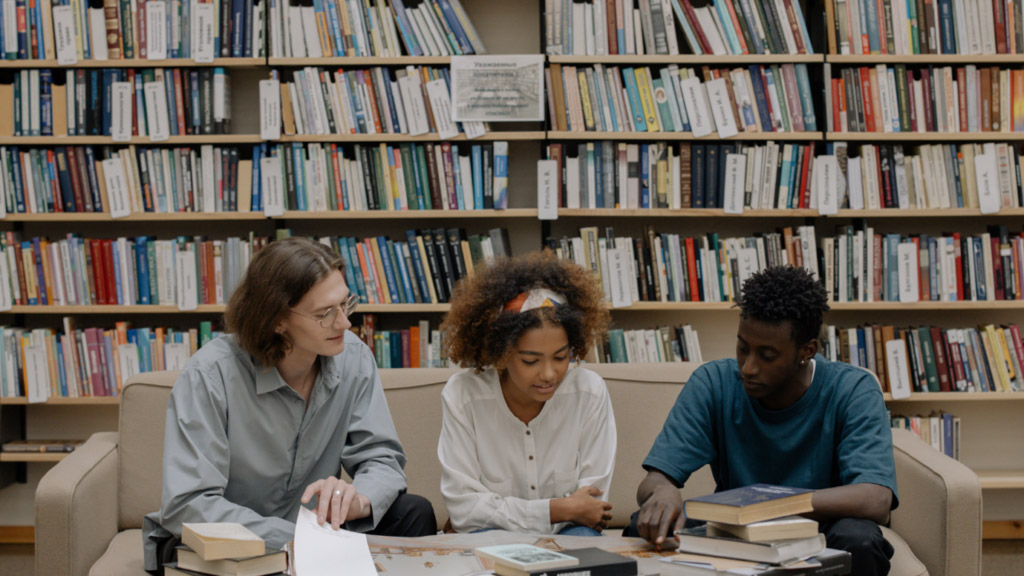
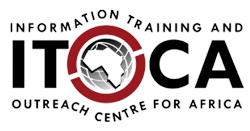
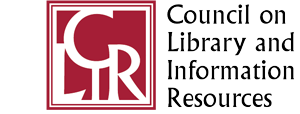
ITOCA (Information Training & Outreach Centre for Africa) is a capacity building organisation aimed at enhancing information and communications technology (ICT) skills. An international non-governmental organization (INGO), ITOCA envisions an improved quality of life and sustainable development in Africa through enhanced research and education and advocates for the adoption of new technologies that drive development in Africa. Aware of the importance of access to scientific literature in developing countries, ITOCA aims to initiate a recurrent collection development conversation in the African region.
CLIR (Council on Library and Information Resources) champions a world in which information and cultural heritage are preserved, accessible, useful to - and reflective of - all people, cultivating partnerships with an international network of libraries, archives, museums, governmental organizations, nonprofits, and educational institutions to create and preserve a commonwealth of knowledge. CLIR addresses complex shared challenges that transcend disciplinary, institutional, professional and geographic boundaries to achieve its vision of providing a vital legacy of authenically captured, well organized, accessibile and sustained knowledge for future generations.
Committee
Programme
- Gracian Chimwaza - Executive Director ITOCA, Johannesburg, South Africa
- Michael Levine-Clark - Dean of the University of Denver Libraries, Colorado, US
- Buhle Mbambo-Thata - University Librarian at National University of Lesotho, Lesotho
- Ann Okerson - Director, Offline Internet Consortium, USA
- Stephen Rhind-Tutt - President at Coherent Digital, USA; CLIR Board member
- Julien Roche - University Librarian and Director of the Libraries, University Lille, France; LIBER President
- Pep Torn - Library Director, European University Institute Library, Fiesole, Italy
- Giannis Tsakonas - Director, Library & Information Centre, University of Patras, Greece
- Anthony Watkinson - Principal Consultant at CIBER, UK
Co-founders
- Barbara and Michele Casalini - Casalini Libri, Italy
- Rebecca Lenzini - Charleston Hub, USA
- Katina Strauch - Charleston Hub, USA
Organization
- Antonio Cordola - Casalini Libri, Italy
- Leah Hinds - Charleston Hub, USA
- Aurora Taiuti - Casalini Libri, Italy
Programme
- Gracian Chimwaza - Executive Director ITOCA, Johannesburg, South Africa
- Michael Levine-Clark - Dean of the University of Denver Libraries, Colorado, US
- Buhle Mbambo-Thata - University Librarian at National University of Lesotho, Lesotho
- Ann Okerson - Director, Offline Internet Consortium, USA
- Stephen Rhind-Tutt - President at Coherent Digital, USA; CLIR Board member
- Julien Roche - University Librarian and Director of the Libraries, University Lille, France; LIBER President
- Pep Torn - Library Director, European University Institute Library, Fiesole, Italy
- Giannis Tsakonas - Director, Library & Information Centre, University of Patras, Greece
- Anthony Watkinson - Principal Consultant at CIBER, UK
Co-founders
- Barbara and Michele Casalini - Casalini Libri, Italy
- Rebecca Lenzini - Charleston Hub, USA
- Katina Strauch - Charleston Hub, USA
Organization
- Antonio Cordola - Casalini Libri, Italy
- Leah Hinds - Charleston Hub, USA
- Aurora Taiuti - Casalini Libri, Italy

